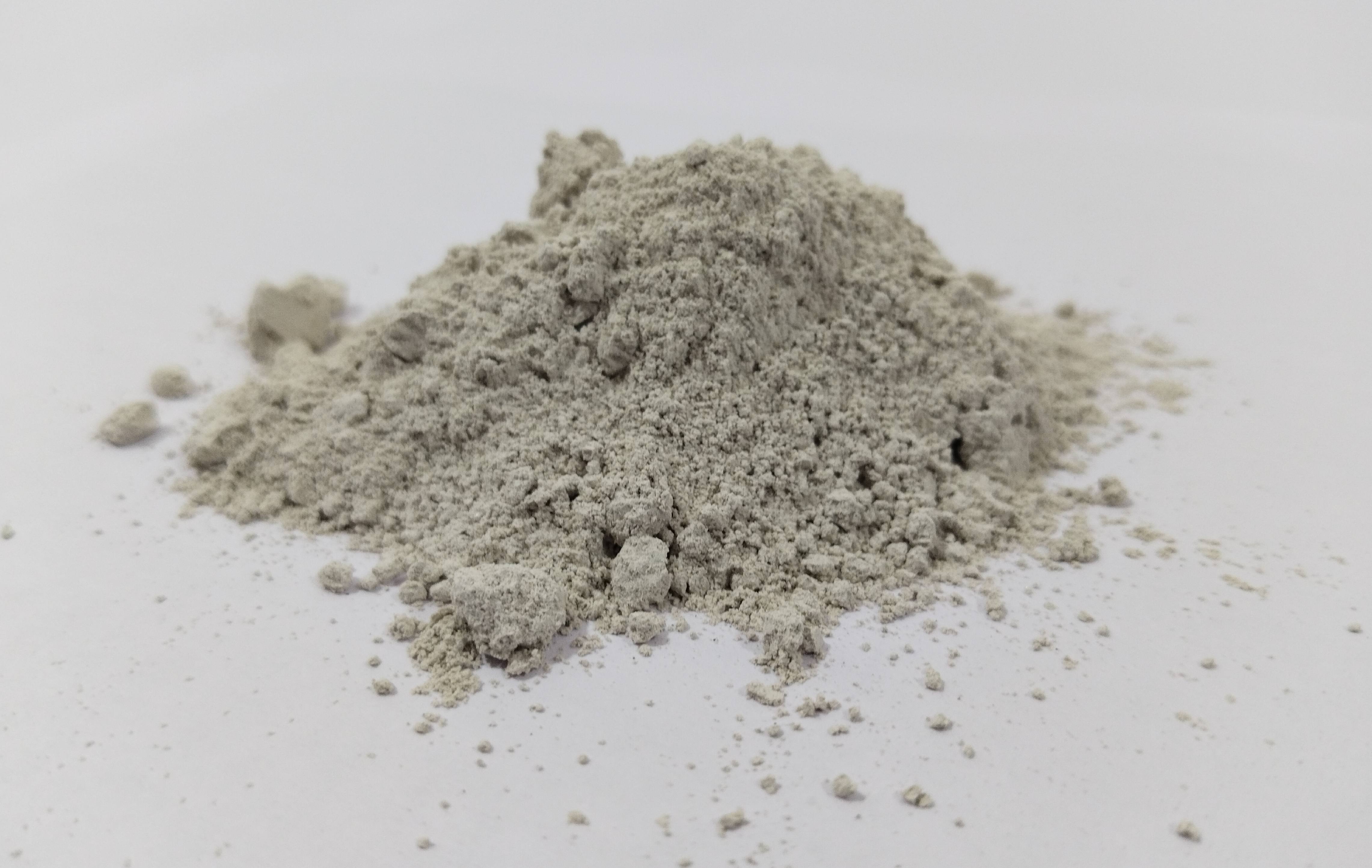Calcium sulphate dihydrate, sometimes known as gypsum, is a soft sulphate mineral that naturally occurs in white powder form. Plaster Gypsum Powder is extensively mined, used as fertilizer, and a key ingredient in various types of drywall, blackboard/sidewalk chalk, and plaster.
It is a raw material used in the production of sulfuric acid and ammonium sulphate.
Introduction to Gypsum
Gypsum is a widely used building material that comprises 70% CaSO4 and can be utilized in the construction of buildings. In terms of chemistry, gypsum is a calcium sulphate that contains two molecules of water, or CaSO4, 2H20. It is a crystalline material that dissolves in weak hydrochloric acid and water with very little difficulty, but not in sulfuric acid.
It is made up of 20.9% water and 79.1% calcium sulphate.
Types of Gypsum Products
Gypsum Plaster: It is the white cementing substance that is created when a mineral is partially or completely dried and then mixed with a certain diluent or hardener. It is set and hardened when used in a plastic condition by chemical recombination with water.
Gypsum Fertilizer: It has been sprayed on agricultural soils for more than 250 years, making it one of the first kinds of fertiliser ever utilised in India. It provides a relatively soluble source of calcium, sulphur, and vital plant vitamins, and it may promote more robust plant growth.
Gypsum Board: It is one of numerous panel goods, which is the generic name for a group of sheet products primarily made of gypsum. It consists of boards, glass matte panels, panels that can withstand abuse and impacts, and shaft liner panels.
Gypsum Powder: The ingredients in this powder include calcium, sulphur, oxygen, and hydrogen. It is particularly utilised in building products like drywall, but it is also helpful in agriculture as a soil conditioner and fertilizer.
Properties of Gypsum
Fire Resistance: Gypsum's natural fire resistance makes it unlikely that a fire will spread, protecting lives. Because water is included in gypsum products, they are fire-resistant. Three litres or so of crystal clear water are contained within the 15 mm thick plasterboard.
Non-Combined Properties: Gypsum products are heated to a point where water crystals start to form inside the material; this process of dehydration through heat is called calcination. Low safe temperatures can be maintained thanks to the casing's use of materials that are tolerant of combustion. The leftover material continues to act as an insulating layer until it separates even after the water crystals have completely cooled.
Acoustic Properties: Products made of gypsum are designed to have sound-insulating qualities. Plasterboard is made expressly to avoid noise reduction and redistribution; other techniques, such as masonry construction, are frequently employed at larger thicknesses. Noise cannot be transmitted because of the great acoustic effectiveness of the air space between the two solid walls.
Thermal Properties: The thermal characteristics can produce very stable indoor humidity and temperature levels. Additional insulating qualities can be found in gypsum construction materials like plasterboard or formwork.
Advantages of Gypsum
- Provides smooth surface
- Balance Indoor Atmosphere
- Ease of installation
- Variety of Gypsum Products

